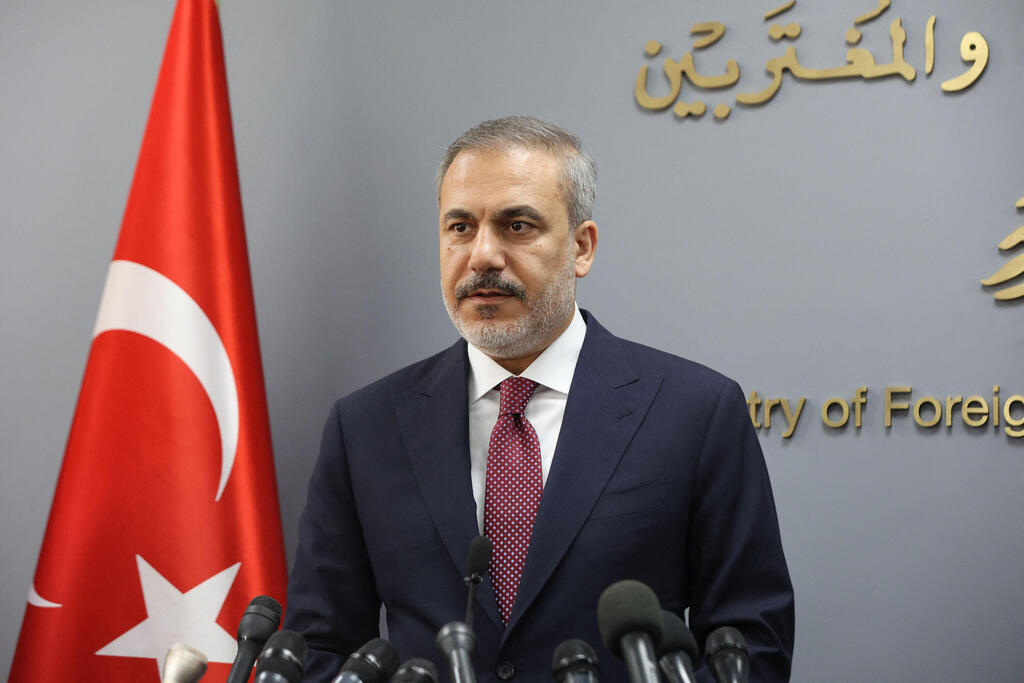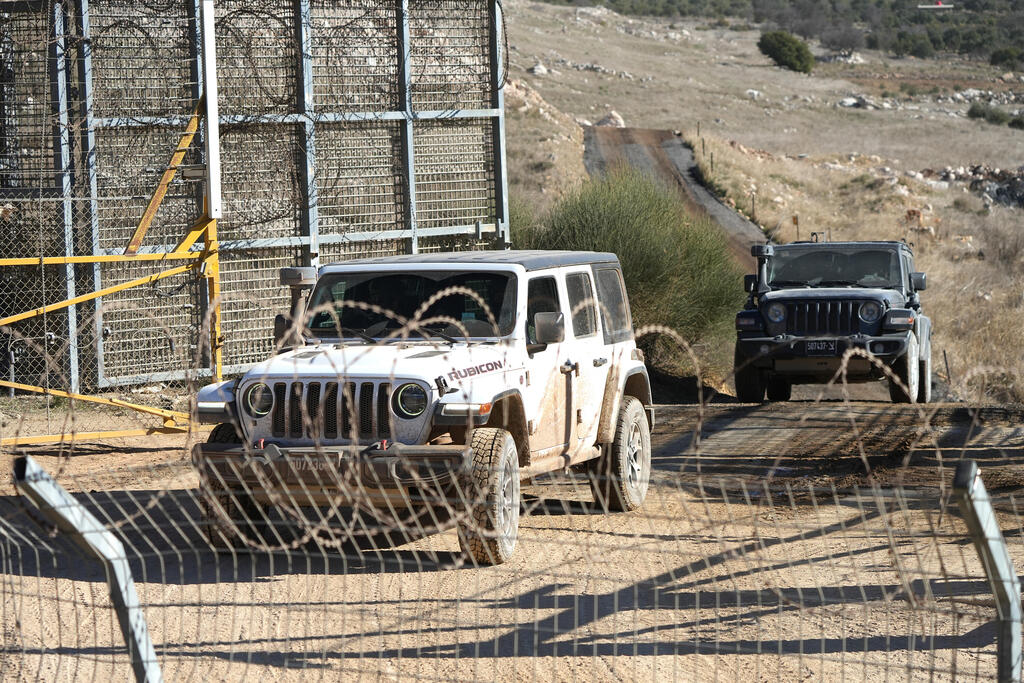Diplomatic tensions between Turkey and Iran have escalated in recent days, with officials from both countries trading accusations over regional policies, particularly regarding Syria.
Turkish Foreign Minister Hakan Fidan criticized Iran’s foreign policy in an interview with Al Jazeera, claiming Tehran has paid a "very heavy price" to maintain its influence in Iraq and Syria. Fidan argued that Iran’s approach has become a burden on both its regime and the wider region, saying the cost of its interventions far outweighs any gains.
Regarding Syria, Fidan called on regional powers to develop relations with Damascus "without the foundations of control and acquisition." However, Turkish President Recep Tayyip Erdogan recently met with Syria’s new president, Ahmad al-Sharaa, to discuss a security alliance that would include establishing Turkish air bases in central Syria and training the restructured Syrian military.
Iranian Foreign Ministry spokesman Esmaeil Baqaei responded sharply to Fidan’s remarks, accusing Turkey of "turning a blind eye to the hidden American and Israeli hands influencing regional developments."
Get the Ynetnews app on your smartphone: Google Play: https://bit.ly/4eJ37pE | Apple App Store: https://bit.ly/3ZL7iNv
In a post on X, Baqaei called Fidan’s comments "a major mistake" and agreed that the region must be freed from any country’s dominance—whether Arab, Turkish, Kurdish or Iranian. However, he questioned why Turkey omitted Israel from this equation.
Baqaei accused Israel of "reoccupying the entire Golan Heights and significant parts of Syria" following the collapse of the Assad regime, claiming Israel now "controls the country's most vital water resources." He further alleged that Israel had "carried out widespread attacks on Syrian military and defense infrastructure, destroying more than 90% of it, including key research centers."
Despite its growing presence across the Middle East through proxy forces, Baqaei denied that Iran has pursued regional ambitions over the past five decades. Instead, he framed Iran’s involvement as supporting "the Palestinian people in their struggle against occupation and aggression, while preventing Israeli dominance in the region."
"Today, the Palestinian issue is more alive than ever, and Israel is more despised than ever," Baqaei said. "Iran has always supported the resistance while standing firmly against unlawful behavior and terrorism. We were the first to fight ISIS, the first to oppose the coup attempt against Turkey in 2016 and among the first to welcome the disarmament of the PKK, seeing it as a step toward Turkey’s security."
Baqaei concluded by emphasizing Iran’s consistency in its policies, contrasting it with what he suggested was Turkey’s shifting alliances. "We stand firm in our positions and do not change our approach from one day to the next," he said.




